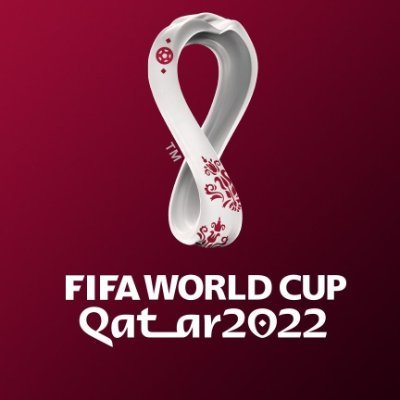Along with football the world is discussing treatment of workers involved in building infrastructure during the last 10 years.
The human rights watch groups are opposing and criticizing the Kafala system, which means “sponsorship system” used to monitor migrant workers.
The organizations such as Human Rights Watch, Amnesty International, and International Trade Union Confederation (ITUC) are critical of this system leaving migrant workers vulnerable to systematic abuse. The most tragic side of this system was that workers could not change jobs or even leave the country without their sponsor’s permission.
The Amnesty International reported in 2013 about “serious exploitation” and getting false statements signed by the workers toward wage receipts so that they could regain their passports. An ITUC representative stated: “If two years on the Government has not done the fundamentals, they have no commitment to human rights.”
However, the Qatar World Cup 2022 Committee responded: “Our commitment is to change working conditions in order to ensure a lasting legacy of improved worker welfare. We are aware this cannot be done overnight. But the 2022 FIFA World Cup is acting as a catalyst for improvements in this regard.”
The Guardian reported in 2013 that workers faced poor conditions as companies forced them to stay by denying them promised salaries. The companies withhold necessary worker ID permits, rendering them illegal entities. Several other reports indicated workers’ exploitation and abuse in violation of the policies and standards of the International Labour Organization (ILO).
The Amnesty International again said in 2019 that Qatar was falling short on promised labor reforms before the 2022 World Cup starting in November 2022, which is the sentiment that FIFA also backed. Amnesty International reiterated that abuses were still occurring.
The Daily Mirror revealed in 2019 that about 28,000 workers were involved in stadium-related construction activities. They were being paid 750 Qatari riyals per month (about 190 pounds per month) for a typical 48-hour week.
Former FIFA president Sepp Blatter earlier said that handing World Cup 2022 to Qatar was a “mistake.” Blatter was the person who presided over FIFA in 2010, the same year Qatar was handed over the tournament. Blatter later said: “It is too small of a country. Football and the World Cup are too big for it.”
However, an optimistic view was shared by ILO in October 2019. They said that Qatar had taken steps toward upholding the rights of migrant workers.
Despite all the controversies surrounding the FIFA World Cup 2022, about 2.9 million tickets have already been sold till mid-October, the FIFA President Gianni Infantino informed.
Hope the clouds of the entire controversies will settle down soon and the rumor talks will subside soon to let Qatar concentrate on organizing the tournament, and the FIFA World Cup 2022 will be organized with full efforts and with due effectiveness. We should also be optimistic that the Qatar government and authorities will take steps to abolish Kafala in entirety and pave the way for migrant workers to work in Qatar as per the ILO’s laid-down standards. It will lead to an end to the human sufferings in the hands of companies or contractors and make the State of Qatar legally and humanly responsive to the workers and to the world bodies.


1 thought on “Qatar–FIFA World Cup 2022 Controversy: Hope the Boycott Call Would Rest and Pave the Way for Successful Tournament Ahead”